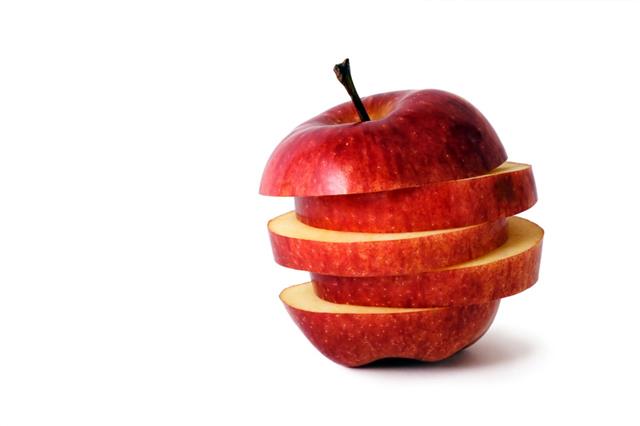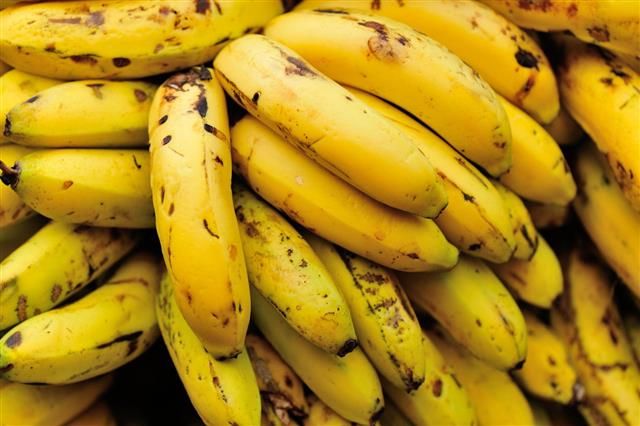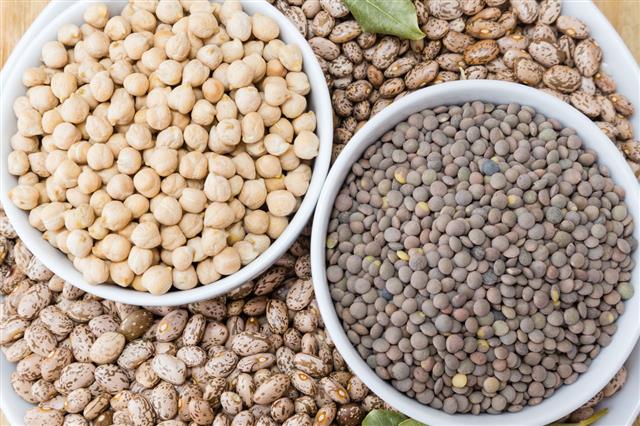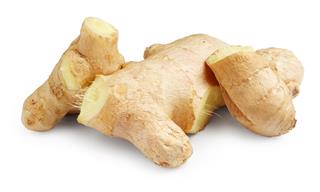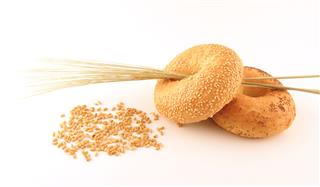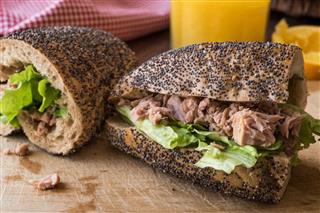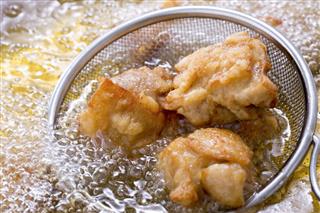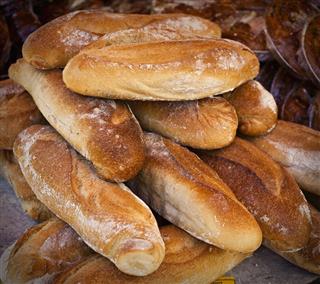
Knowing about foods high in uric acid can help prevent diseases that occur due to its high concentration in the body, such as gout and kidney stones. For that very reason, well have a look at the list of foods that contain high levels of uric acid.
Uric acid is a by-product of purine metabolism. The human body synthesizes uric acid from the breakdown of purine bases that are present in the DNA, RNA, and the energy molecules. Uric acid is beneficial for the body. It acts as an antioxidant and helps in protecting the lining of the blood vessels. Under normal circumstances, excessive uric acid is eliminated from the body by the kidneys.
However, if the kidneys fail to metabolize the purines, it would result in the accumulation of uric acid in the body. High levels of uric acid, also known as hyperuricemia, is a condition that can lead to the uric acid crystals getting deposited in one’s joints, kidneys, sinews and other organs.
This causes joint inflammation along with pain, swelling, and tenderness. To avoid these problems related to hyperuricemia, people are advised to exclude certain foods high in uric acid from their diet.
For those suffering from uric acid-related problems like gout and kidney stones, here are the foods to avoid completely, and those that can be had in moderation.
Foods to Avoid Completely
This list of foods high in uric acid contains approximately 1,000 milligrams of purine for every 3 ounces.
Organ Meat
Also known as Offal, organ meat is the internal organ of an animal. It has extremely high levels of purines in it, and can lead to an attack of gout.
- Liver
- Kidney
- Brains
- Sweetbreads
- Spleen
- Maws (stomach)
Meat Products
Red meat and game meat such as venison and duck are associated with high levels of purines.
- Beef
- Pork
- Venison
- Goose
- Duck
- Lamb
Processed Meat Products
- Salami
- Bacon
- Bologna
- Sausages
- Dried Meat Strips
- Pepperoni
Seafood
Seafood like tuna and mackerel are good for you as they contain essential Omega 3 fatty acids. However, they are extremely rich in purines as well, and hence, should be avoided.
- Mackerel
- Tuna
- Herring
- Anchovies
- Scallops
- Sardines
- Mussels
- Lobster
- Shrimp
Foods High in Yeast
Foods which contain yeast such as breads, beer and alcohol beverages, contain large amounts of uric acid. Alcohol, in particular, is known to hamper the renal excretion in the kidneys, thereby resulting in high levels of uric acid in the body.
- Pastries
- Brewer’s Yeast
- Cake
- Bread
- Bagels
- Alcoholic Beverages
Foods to Be Eaten in Moderation
Certain purine-containing foods can be eaten in moderation. These contain around 5 to 100 milligrams of every 3-ounce serving.
Vegetables
Vegetables are extremely healthy for everyone. However, some vegetables contain moderate amounts of purines, and should be avoided or eaten very less in order to avoid gout.
- Asparagus
- Cauliflower
- Mushrooms
- Aubergine
- Carrots
- Rhubarb
- Potatoes
- Peas
- Spinach
Lentils and Beans
- Lima Beans
- Kidney Beans
- Dried Beans
- Lentils
- Navy Beans
- Soybeans
White Meat
- Chicken
- Turkey
- Quail
Others
- Oats
- Jam and Jellies
- Chocolates
- Carbonated Drinks
- Commercial Pickles
- Packaged Fruit Juices
Lowering Uric Acid Levels
In order to avoid foods high in uric acid, the diet should be fashioned to eliminate all the high-purine foods, and instead include foods with moderate to low amounts of purine in them. The diet should include a liberal carbohydrate intake, such as pasta and rice, and foods low in protein and fats. Eating plenty of raw fruits, and vegetables such as tomatoes and cabbage that have a high water content have also known to be beneficial for reducing uric acid levels. Dehydration reduces kidney functioning, allowing uric acid to build up, and hence, drinking lots of fluids, especially water, will help keep the organs hydrated and dilute the amount of uric acid in the body. Juices made of black cherry, celery, birch leaf, and parsley, are very effective gout remedies that help in flushing out uric acid from the tissues.
One can effectively regulate the levels of uric acid in the body by making the necessary dietary changes. Those who have been diagnosed with hyperuricemia need to improve their dietary habits, and should also follow the treatment guidelines they have been given. The dietary changes should be made in conjunction with other changes in lifestyle, so as to relieve the body from the problems occurring due to a high concentration of uric acid.
Disclaimer: This NutriNeat article is solely for informative purposes, and should not be used as a substitute for professional medical advice.
